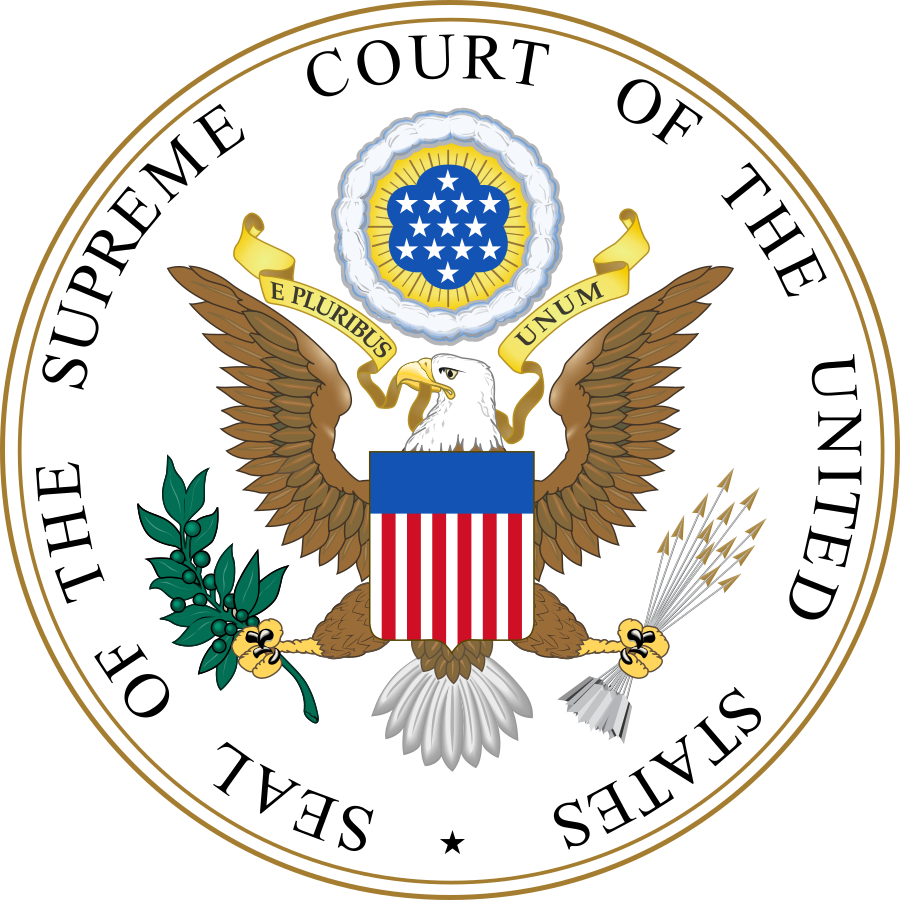The Pittsburgh Press (April 1, 1944)

In Washington –
Soldier vote bill becomes law, unsigned
Federal ballot backers say fight isn’t over
Washington (UP) –
A new soldier voting act, greatly abridged from the original measure introduced by Senators Theodore F. Green (D-RI) and Scott W. Lucas (D-IL), tagged by President Roosevelt as “inadequate” and hailed by Southern Democrats and Republicans as a victory for states’ rights, became the law of the land at 12:01 a.m. ET today.
Its enactment, automatic under the Constitution when the President failed either to sign or veto the Congress-approved measure within 10 days after its passage, followed one of the bitterest political battles in current history.
Even before it became law, Senator Green declared “the fight is not over,” and announced he and Senator Lucas would introduce amendments suggested by the President to ease some of the measure’s restrictions on federal ballot use.
Failed to be counted
The President won grudging praise from federal ballot opponents for his refusal to veto the measure and for his language in explaining his attitude.
One critic, however – Rep. Robert A. Grant (R-IN) – objected to the President’s action. By not signing the bill, he said, the President failed “to stand up and be counted.”
The President, who stirred the ire of many Congressmen by his charges of “fraud” against an earlier “states’ rights” version of the bill, characterized it as “inadequate and confusing,” and said all it really did was to provide a “standing invitation” to the states to permit their servicemen to vote. Its effect, he said, would be measured entirely by the extent to which the states implement its acceptance.
Two major restrictions
The new law provides that servicemen and certain civilians overseas may use the short-form federal ballot – containing black write-in spaces for naming choices for President, Vice President, Senator and Representatives, and in some states interim Senator and Representative-at-large, with two major restrictions.
Servicemen may not use the federal ballot unless they request state absentee ballots by Sept. 1 and fail to receive them by Oct. 1.
Federal ballots must be accepted by the several states for counting before their use is valid for servicemen from those states.
President appeals
The President hit these two restrictions in particular, stating:
This bill provides a federal ballot, but because of these conditions, it does not provide the right to vote.
Consequently, he appealed to Congress to amend the measure:
…so as to authorize all servicemen and women, who have not received their state ballots by am appropriate date, wither or not they have formally applied for them, to use the federal ballot without prior express authorization by the states.
